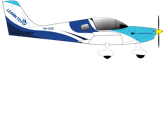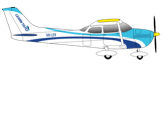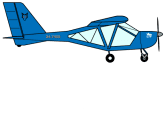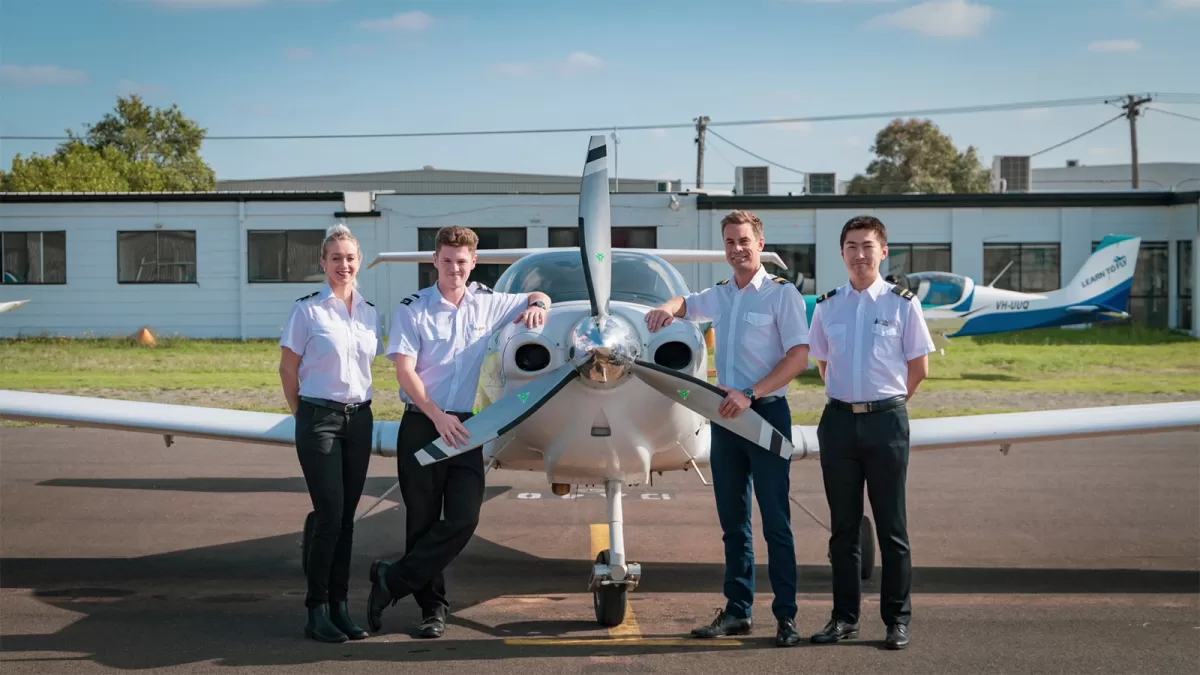
May 16, 2024
Commonly Asked Questions about Becoming a Commercial Pilot
Embarking on a career as a commercial pilot is an exciting and rewarding journey filled with challenges and opportunities. Aspiring pilots often have numerous questions about the path to becoming a commercial aviator.
Let’s address the most commonly asked questions about pursuing a career in commercial aviation, to provide some insights and guidance for those considering this career path.
What are the minimum age requirements to become a commercial pilot?
To obtain the license, applicants must be at least 16 years old. However, individuals can start training for their private pilot license at a younger age, typically around 14 – 15 years of age and can do the RPL flight test at 16, PPL at 17 and CPL at 18.
What educational qualifications are needed to pursue a career as a commercial pilot?
A Bachelor is not required for either airline or flight school. For flight school, we require prospective students to have a good command of English and be able to pass skills and interview assessments during the application process.
For airlines and cadet entry, it’ll be similar to flight school’s requirements. For direct entry pilot positions, they prefer a CPL licence with a minimum of flying hours and passing the ATPL theory exams.
How long does it take to become a commercial pilot?
The time it takes to become a commercial pilot varies depending on individual circumstances, such as the type of training program chosen, frequency of flight training sessions, and personal aptitude. On average, it takes around 14 – 16 months to obtain the license through a structured training program.
What is the process for obtaining a commercial pilot license?
The process for obtaining the license involves several steps, including completing the required flight training hours, passing written and practical exams, meeting medical requirements, and gaining experience as a pilot-in-command.
What are the medical requirements for becoming a commercial pilot?
Commercial pilots must hold a valid medical certificate issued by a CASA Designated Aviation medical examiner (DAME). The medical certificate ensures that pilots meet specific physical and mental health standards outlined by aviation authorities, such as the Civil Aviation Safety Authority (CASA).
Are there any height or weight restrictions for commercial pilots?
While there are no specific height or weight restrictions for commercial pilots, candidates must be able to comfortably operate aircraft controls and safely perform all required duties. Airlines may have their own guidelines regarding physical fitness requirements.
What are the job prospects like for commercial pilots?
Job prospects for commercial pilots vary depending on factors such as economic conditions, industry demand, and individual qualifications. Overall, the demand for commercial pilots is expected to remain strong, particularly in regions experiencing growth in air travel and cargo transportation.
What type of training is involved in becoming a commercial pilot?
Becoming a commercial pilot requires completing both ground training and flight training. Ground training covers subjects such as aerodynamics, navigation, meteorology, and aviation regulations, while flight training focuses on developing piloting skills through hands-on experience in the cockpit. Students are required to progress through Recreational Pilot License (RPL), Private Pilot License (PPL), and Commercial Pilot License (CPL) training. The RPL primarily teaches students the basics of flying an aircraft, while PPL training concentrates on navigation skills. For CPL training, the focus is on accumulating flying hours; students are required to log an additional 60 flying hours before they can undertake the CPL flight test.
Can I become a commercial pilot if I wear glasses or contact lenses?
Yes, individuals who wear glasses or contact lenses can still become commercial pilots, provided their vision meets the minimum standards set by aviation authorities. Pilots can wear corrective glasses to meet the necessary vision standards required for passing vision tests.
What are the differences between a commercial pilot license and a private pilot license?
The license allows holders to fly aircraft for compensation or hire, such as working as a pilot for an airline or charter company. In contrast, a private pilot license permits individuals to fly for recreational purposes and prohibits them from receiving compensation for their services.
Are there any restrictions on international travel for commercial pilots?
Commercial pilots are subject to international aviation regulations and may require additional certifications or training to operate flights across international borders. Individual airlines often have procedures and requirements for international operations.
How often do commercial pilots have to undergo recurrent training and medical examinations?
Commercial pilots are required to undergo recurrent training and medical examinations at regular intervals to maintain their licenses and certifications. The frequency of these requirements varies depending on factors such as the type of aircraft flown and regulatory standards.
What are the risks associated with being a commercial pilot?
Like any profession, commercial piloting carries inherent risks, including exposure to inclement weather, mechanical failures, and human error. However, rigorous training, adherence to safety protocols, and ongoing professional development help mitigate these risks.
Are there any opportunities for career advancement for commercial pilots?
Yes, there are numerous opportunities for career advancement in the field of commercial aviation. Pilots may progress to higher positions within an airline, such as becoming a captain or transitioning to roles in management, training, or corporate aviation.
Pursuing a career as a commercial pilot requires dedication, perseverance, and a commitment to safety and professionalism. By understanding the requirements, training process, and career prospects, aspiring pilots can become a part of the aviation industry. Whether through pilot training courses or direct entry programs, obtaining a commercial pilot license opens doors to exciting opportunities in aviation.


